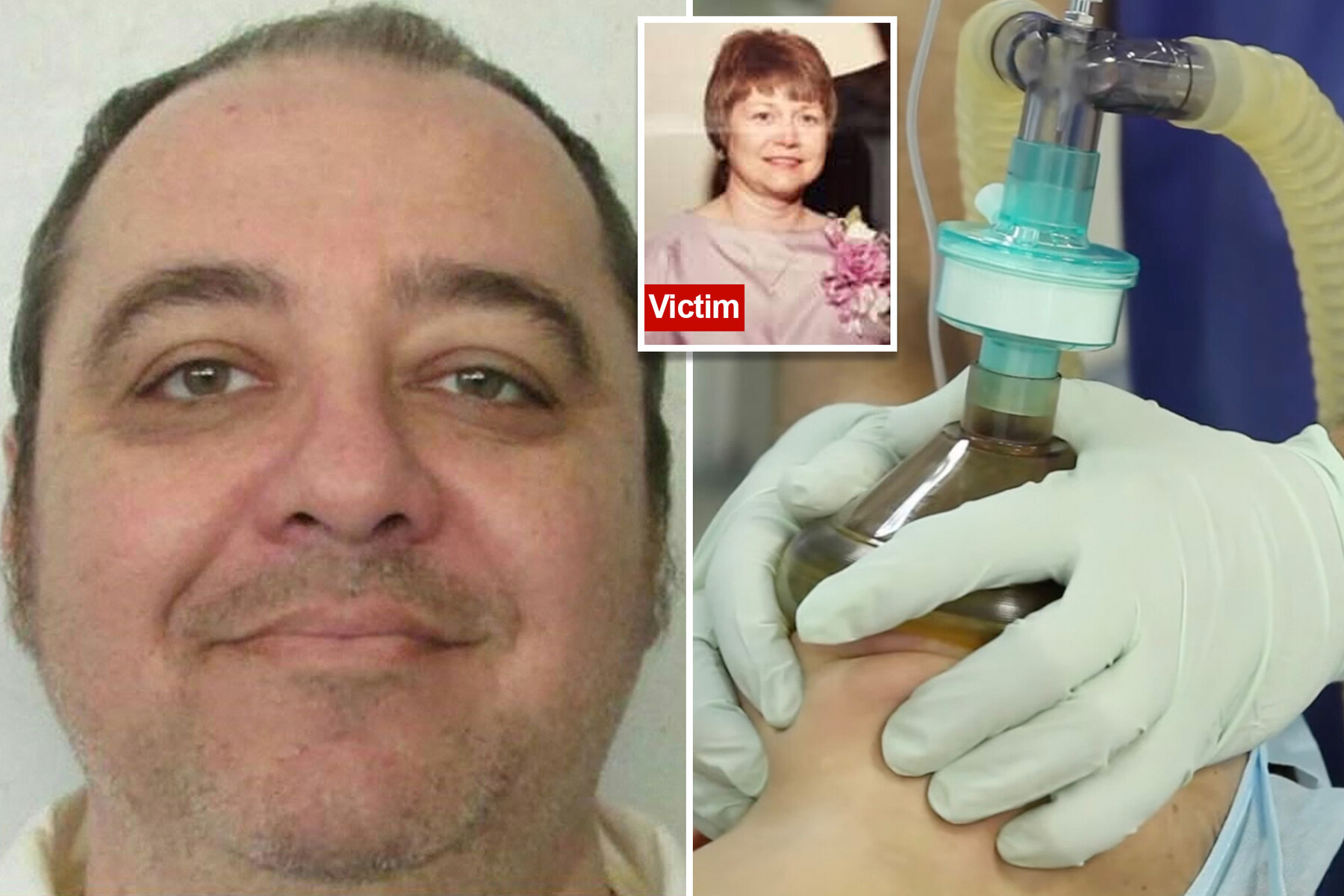Convicted killer Kenneth Eugene Smith experienced a prolonged and distressing execution by nitrogen gas, lasting for 4 minutes, despite warnings from a prominent euthanasia advocate. Dr. Philip Nitschke, the founder of “Exit International”, a pro-euthanasia group, had expressed concerns about the use of a gas mask during Smith’s execution at the William C. Holman Correctional Facility in Atmore, Alabama.
Key Takeaway
Dr. Philip Nitschke, a prominent euthanasia advocate, had warned against the use of a gas mask in Kenneth Eugene Smith’s execution, citing concerns about its potential to prolong the process and cause distressing convulsions.
Expert’s Concerns
Dr. Nitschke, who has assisted individuals in ending their lives using nitrogen in a peaceful and reliable manner, had abandoned the use of face masks 15 years ago due to their unreliability and potential danger. He explained that if the mask loses its seal, it can disrupt the flow of air, leading to muscle convulsions and a prolonged process. Additionally, Smith’s resistance to his impending death, as observed by Dr. Nitschke during his visit to the prison, contributed to the distressing nature of the execution.
Execution Process
Individuals who choose to end their lives using nitrogen gas are advised to take long, deep breaths to expedite the process. However, Smith, who expressed his reluctance to die and exhibited shallow breathing, experienced prolonged suffering during the execution. Despite Dr. Nitschke’s warnings to prison officials regarding the execution method, his concerns were disregarded.
Impact of the Execution
Smith’s execution marked the first instance of an inmate being put to death through nitrogen hypoxia, a method involving suffocation. The distressing nature of the execution was evident as Smith’s wife, Deanna, witnessed the harrowing ordeal, while prison officials and Smith’s Pastor, Jeff Hood, expressed shock and described it as the worst experience they had ever witnessed.

